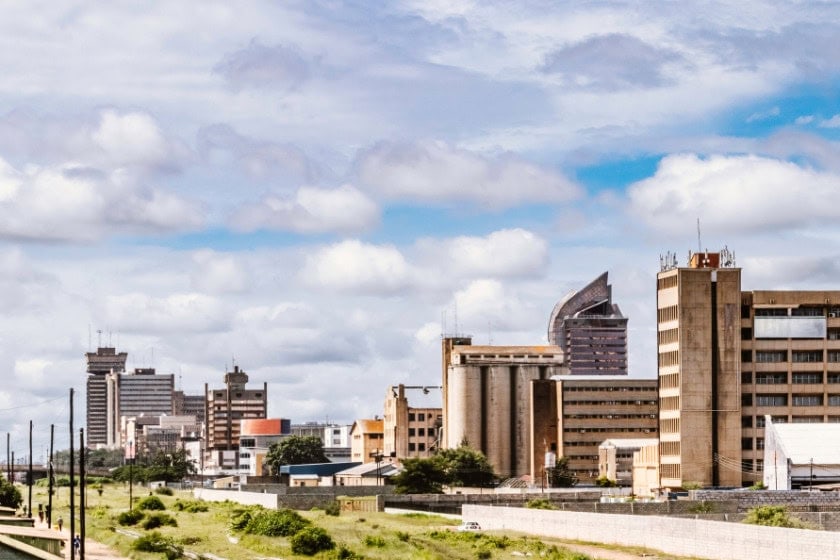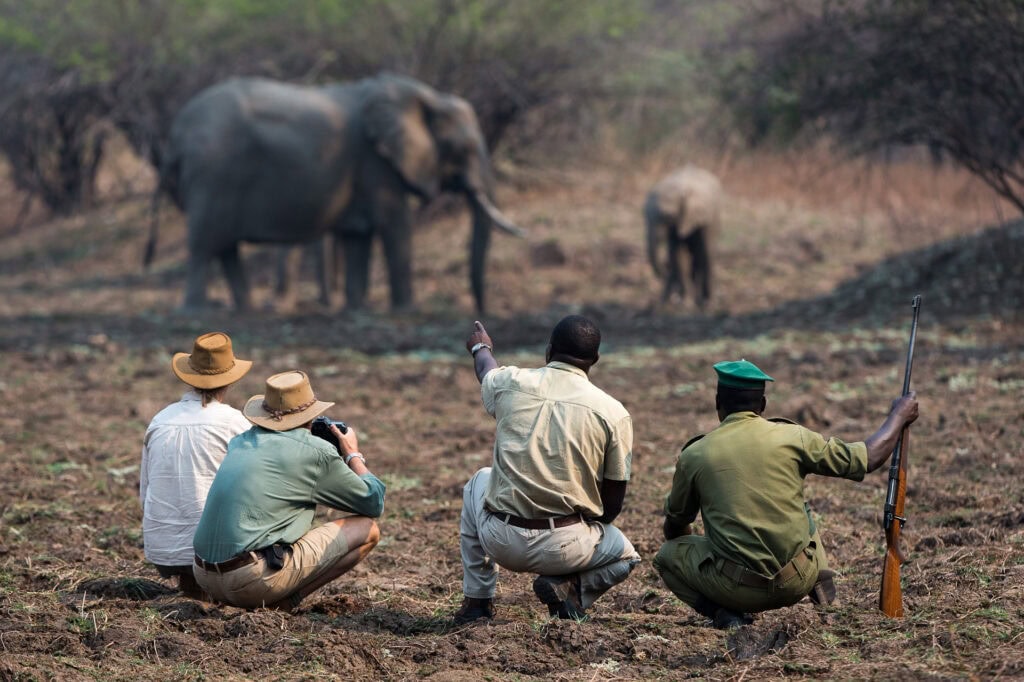Zambia, one of Africa’s best-kept safari secrets, will celebrate 60 years of independence nationwide in October. Lusaka, Zambia’s capital city, is usually the epicenter for Independence Day Celebrations, which are held annually on October 24. Safari operators across this unspoiled wildlife destination also plan special offers to mark the anniversary. It is an exciting time in Southern Africa when Zambia’s culture and history will be tangibly showcased for locals and visitors alike.
A Timeline of Zambia’s Road to Independence

Zambia’s independence is a significant chapter in Africa’s history. It involved a complex interplay of local nationalist movements, international geopolitics, and the gradual dismantling of colonial structures to achieve independence.
Late 1800s: British Colonial Rule
Zambia was known as Northern Rhodesia under British colonial rule in the late 19th century. Online Encyclopedia Britannica explains that the discovery of large copper deposits in the early 20th century increased British interest in this African country – already surrounded by existing British territories, such as Zimbabwe (formerly Southern Rhodesia) and Malawi (formerly Nyasaland).
1940s-1950: African Nationalism and Political Awakening
A surge in African nationalism marked the post-World War II era in Zambia. Political movements such as the Northern Rhodesian African Congress (NRAC) took shape, later evolving into the United National Independence Party (UNIP) led by Zambia’s former president, Dr. Kenneth Kaunda. Kaunda and other prominent freedom activists, Harry Mwaanga Nkumbula and Simon Zukas shaped these movements to pave the way for the Zambia we know today.
1953 – 1963: Federation of Rhodesia and Nyasaland
In 1953, the British government established the Federation of Rhodesia and Nyasaland, combining Northern Rhodesia (Zambia), Southern Rhodesia (Zimbabwe), and Nyasaland (Malawi). The federation faced increasing resistance from Zambia.
Late 1950s and early 1960s: Independence Movements and International Pressure
Between the 1950s and early 1960s, the UNIP and other nationalist groups intensified their demands for independence. Their resistance included numerous political campaigns, civil disobedience, and negotiations. The Federation of Rhodesia and Nyasaland was eventually dissolved in 1963.
October 24, 1964: Independence Achieved
After negotiations between the British government, UNIP, and other stakeholders, Zambia achieved independence on October 24, 1964. Kaunda became the nation’s first president, and the country adopted a new flag and national anthem, marking the end of colonial rule and a new era of independence.
Zambia Remains Africa’s Best-Kept Safari Secret

While Zambia is one of the world’s largest producers of copper, its global tourism appeal remains its wildlife attractions. Zambia is particularly sought-after for walking, photographic, and birding safaris.
Celebrating Zambia’s Independent Wildlife Conservation

Sustainable tourism is pivotal to Zambia’s identity and economy. The country’s extensive national parks like Kafue, South Luangwa, and Lower Zambezi, known for their wildlife conservation initiatives, will all look to highlight their efforts during this milestone celebration of the country’s independence.
For example, game Rangers International (GRI) focuses on wildlife conservation, particularly elephants. Chipembele Wildlife Education Trust (CWET), named after the local word for rhino, educates South Luangwa communities on wildlife conservation. Past CWET students now hold key conservation roles within the trust, highlighting the program’s grassroots impact.
Premier Safari Circuit, Including Victoria Falls

The magical Victoria Falls in Zambia is known as one of the world’s premier safari circuits. While Zimbabwe might have more viewpoints of Victoria Falls, Zambia allows visitors to experience the falls more intimately. Walk across the Knife-Edge Bridge into the mist, swim in Devil’s Pool on the waterfall’s edge, as well as hike to Boiling Pot for a swim under Vic Fall’s spray.
At Discover Africa, we’ve long considered Zambia one of Africa’s untouched safari destinations. Its 60th Independence Year is an auspicious time to plan your bucket list safari experience. Let us tailor the perfect Zambia safari tour for you to experience this extraordinary country and all it has to offer.
Author: Susan Veldman
Published:
Last Update:
Part of the Zambia Safari & Positive Impact Safaris Collections